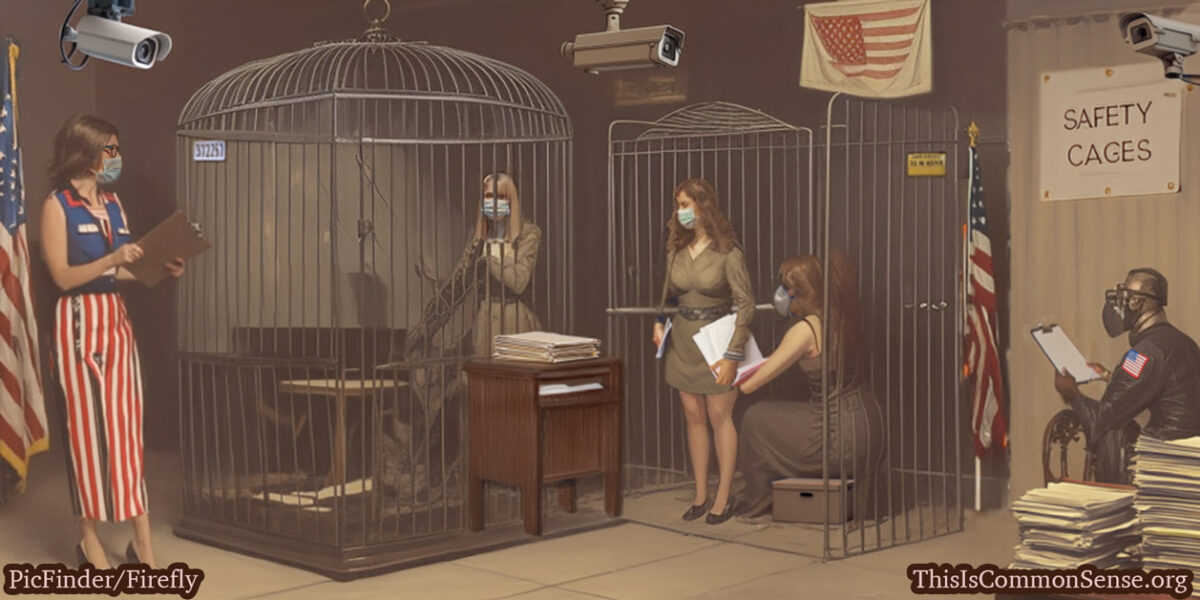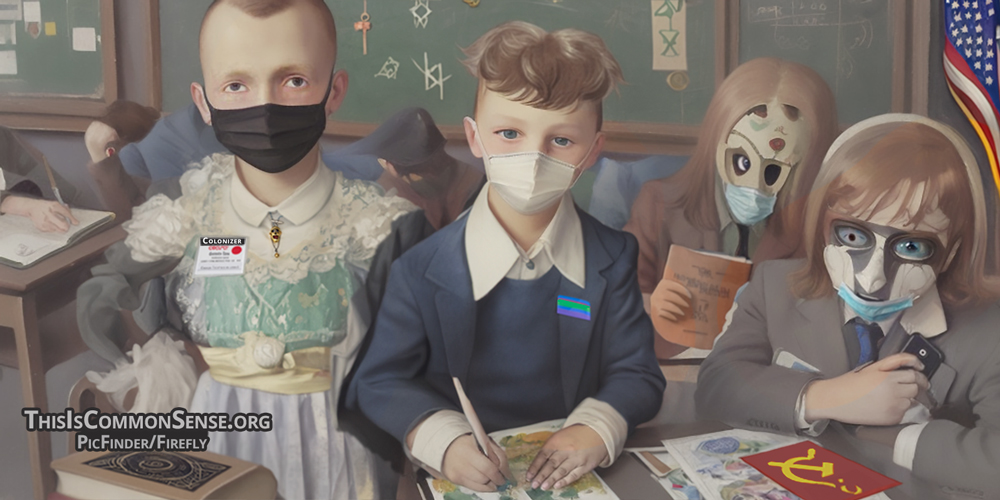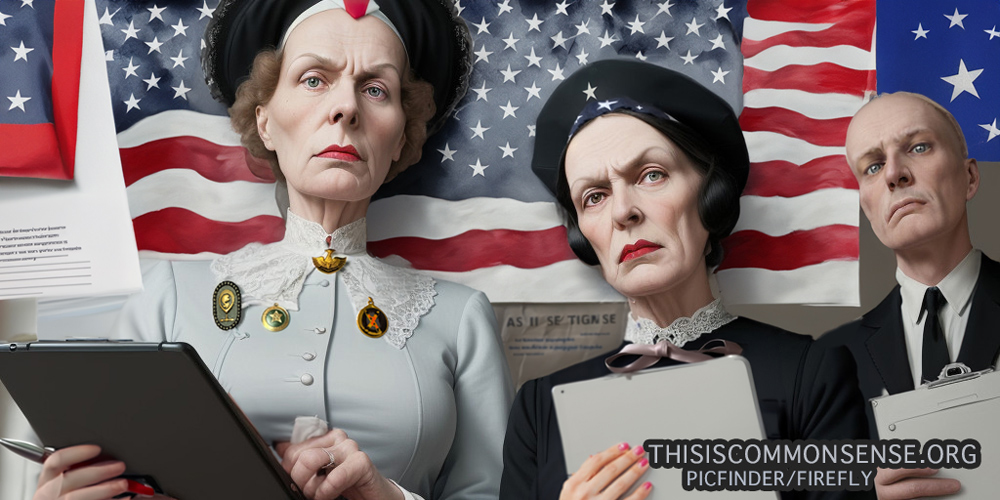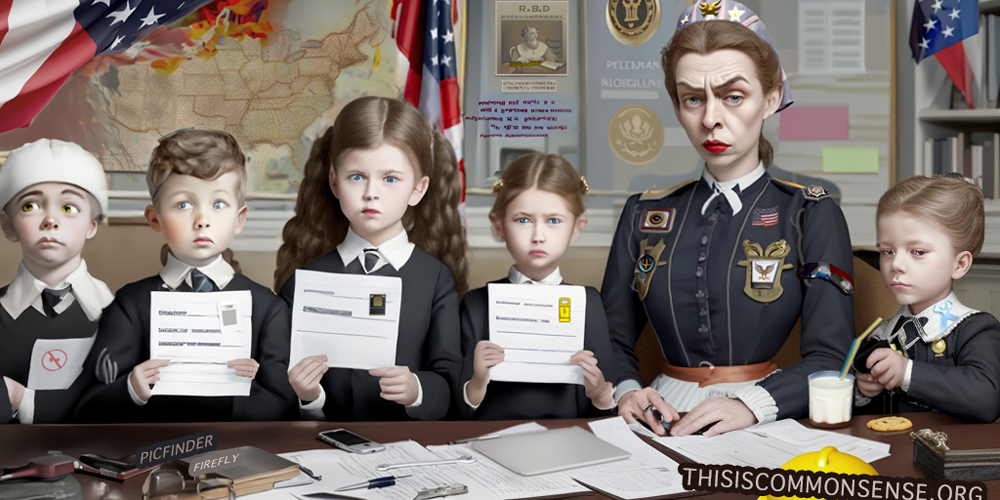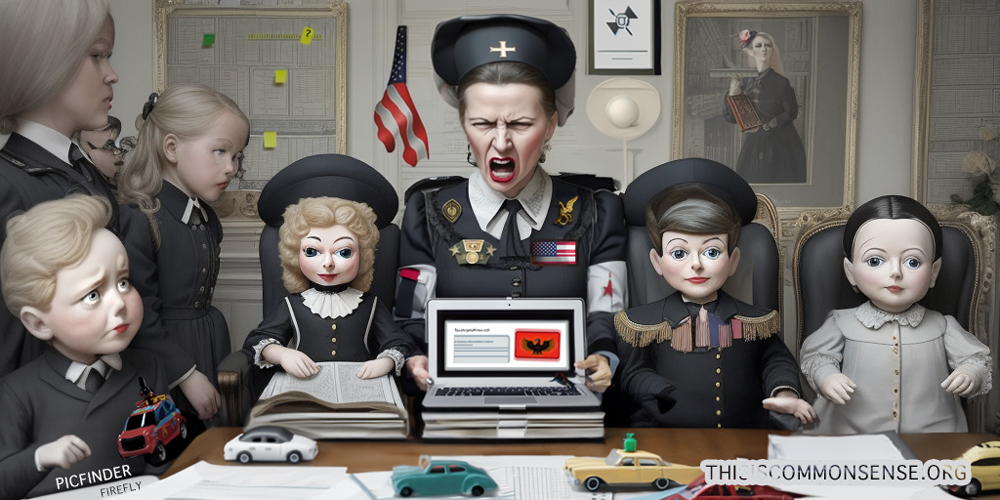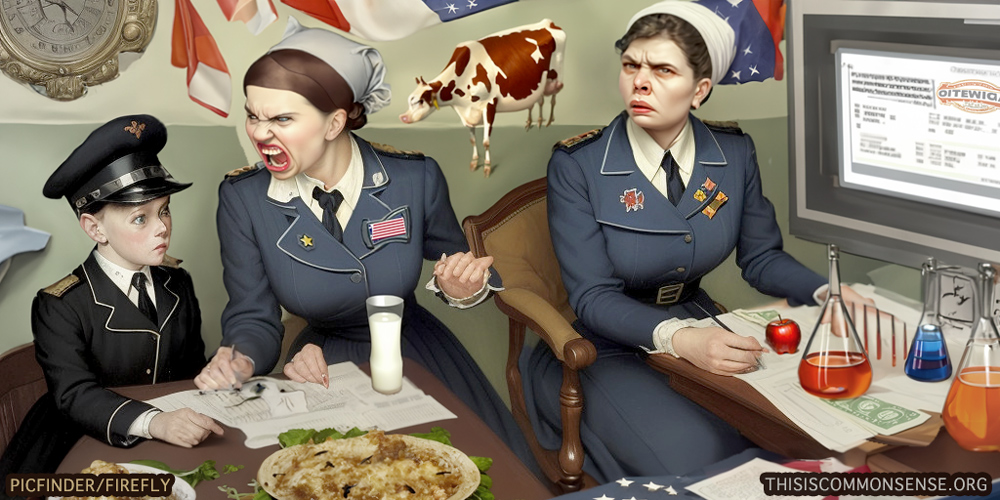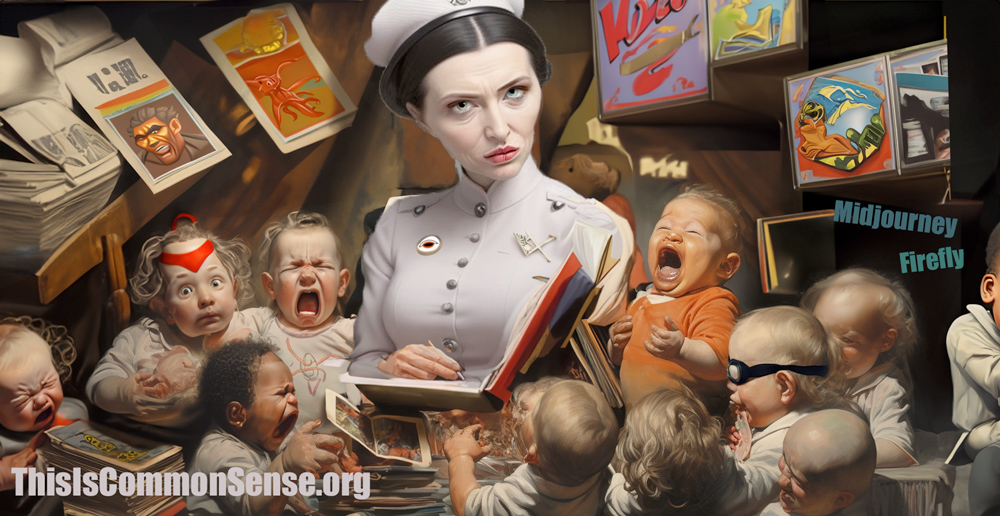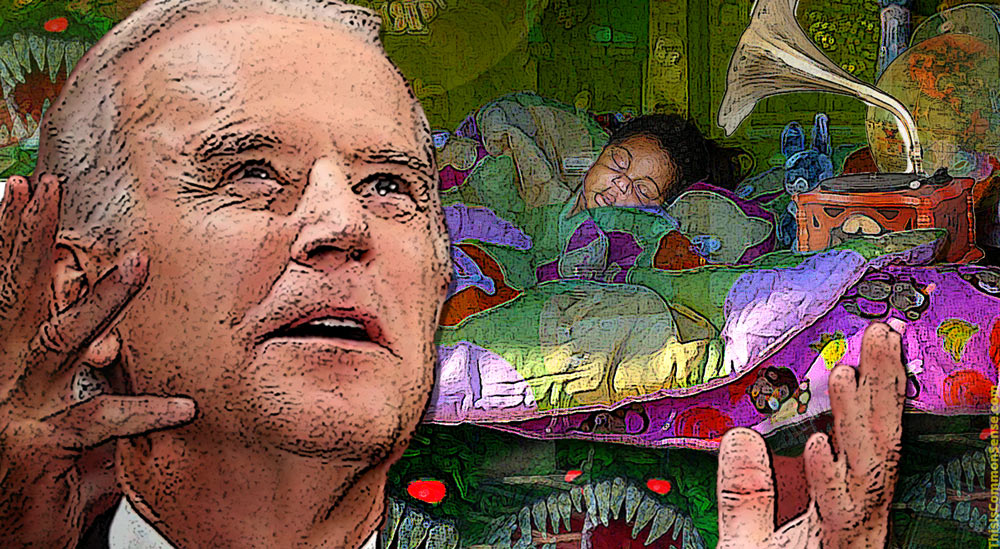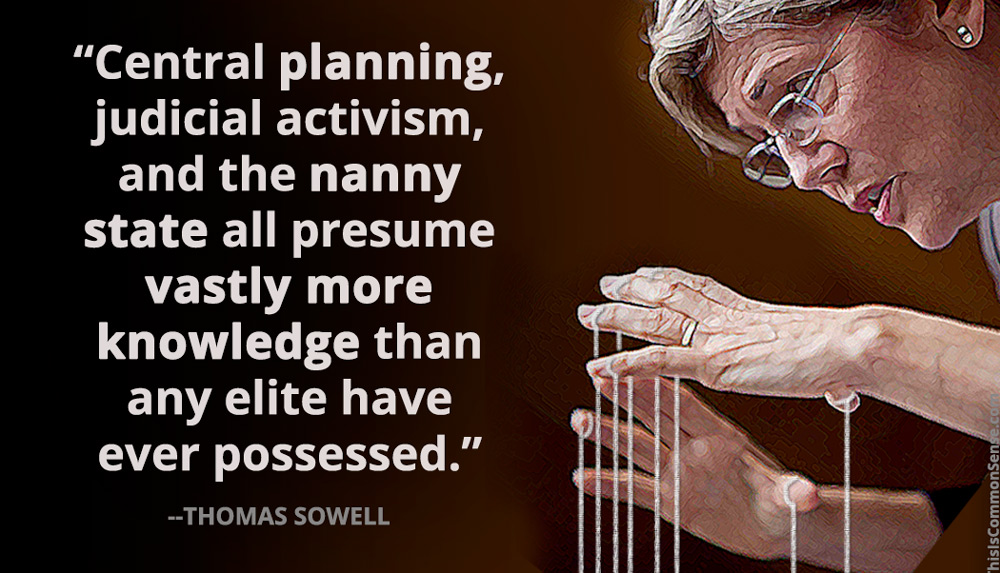I have now learned, or relearned, that doing legal things may well be illegal.
A recent example of the legal-is-illegal syndrome is the apparent criminalization, ex post facto, of helping your clients legally promote their legally vendible wares.
According to an April 2024 Wall Street Journal report, the consulting firm McKinsey is in trouble with the Justice Department for advising Purdue on how to sell more of its drug OxyContin, which is legal to sell. The Department has criminally opened a criminal investigation into McKinsey’s “role in advising” opioid manufacturers like Purdue “on how to boost sales.”
McKinsey consultants suggested pitching more to doctors who prescribe OxyContin the most, pitching less to docs who don’t prescribe it.
Which part of this shockingly standard advice is the criminal activity?
As economists David Henderson and Charles Hooper note, there is “nothing mysterious or nefarious” about going where the sales are. It’s “economically rational. To do otherwise would be inefficient and wasteful.”
But there’s an Opioid Crisis.
And whenever there’s a Crisis, lawmakers and launchers of criminal investigations hurtle to ignore subtle distinctions about legal, illegal, etc.
I’m not quite sure what we do in light of this information, that all the legal-to-do things are now subject to senseless investigations by Justice Department hacks, bored or maniacal.
I guess the safest thing would be to stop doing things. All the things. Well, you can’t really live by pursuing safety — or a mirage of safety — at all costs.
This is Common Sense. I’m Paul Jacob.
Illustration created with PicFinder and Firefly
See all recent commentary
(simplified and organized)
See recent popular posts
